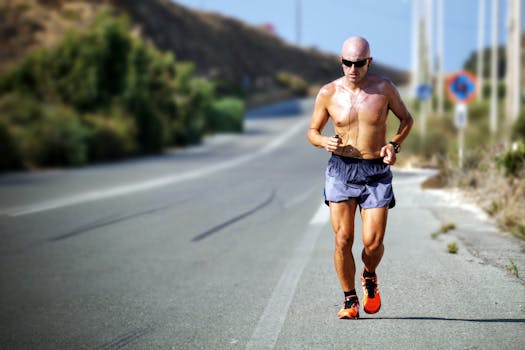
Introduction
Many fitness enthusiasts and athletes wonder if running can cause muscle loss. While running is an excellent cardiovascular exercise with numerous health benefits, there are often concerns about whether it negatively affects muscle mass. Let's explore the relationship between running and muscle loss.
How Running Affects Muscle
Running is primarily an aerobic activity that burns calories and helps improve cardiorespiratory endurance. It does not specifically target muscle growth in the same way resistance training does. However, whether you'll lose muscle depends on several factors:
- Caloric Intake: If you consistently burn more calories through running than you consume, your body may begin to use lean muscle as a fuel source.
- Running Intensity and Duration: Very high volumes of long-distance running, combined with insufficient strength training or nutrition, can lead to muscle breakdown.
- Protein Intake: Not consuming enough protein may hinder muscle recovery and growth, leading to muscle loss over time.
How to Prevent Muscle Loss While Running
- Incorporate Strength Training: Add weightlifting or resistance exercises to your routine to stimulate muscle growth and maintenance.
- Eat Enough Calories and Protein: Ensure you're fueling your body adequately to meet the energy demands of running and recovery.
- Balance Your Workouts: Combine moderate running with cross-training and sufficient rest to support overall health and muscle retention.
Conclusion
Running, by itself, does not necessarily cause muscle loss. With proper nutrition, strength training, and balanced exercise, you can maintain or even improve your muscle mass while enjoying the cardiovascular benefits of running.
Comments
Post a Comment